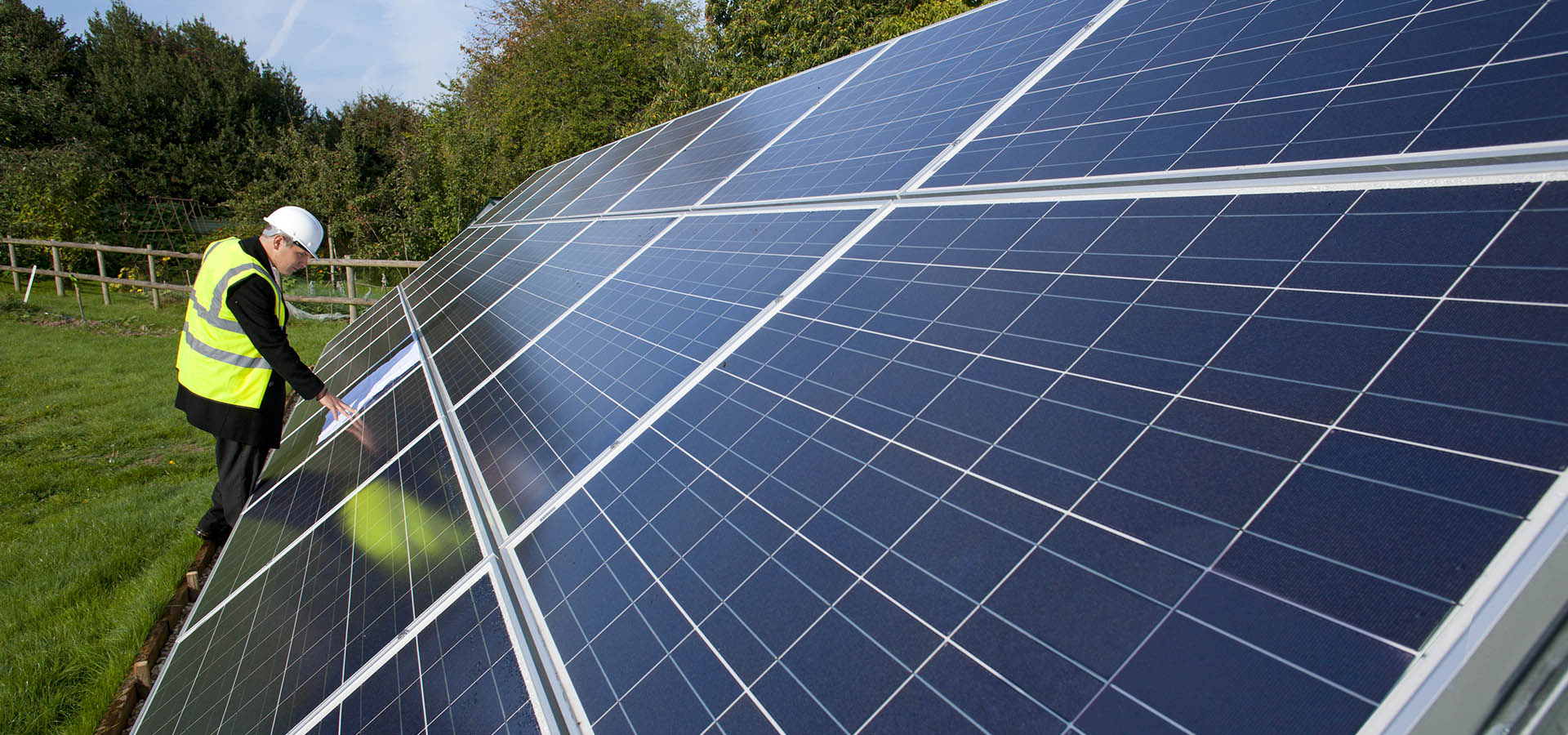- Home
- Course Finder
- Training Categories
-
- Corporate Governance and Compliance (GRC)
- Management & Leadership
- Finance & Accounting
- Agility Learning
- Project Management
- Purchasing & Supply Chain Management
- Manufacturing & Production Management
- Transportation & Traffic
- Imports & Exports
- Insurance & Retirement
- Ports & Shipping
- International Trade & Customs
- Facilities & Asset Management
- Contracts Management
- Maintenance & Engineering
- Oil and Gas Training
- Energy Training
- Health & Safety
- Digital Savviness & AI
- Blockchain & Financial Technologies
- Construction Management
- Cost Control & Optimisation
- Human Resource Management
- Robotics and Mechatronics
-
- In-House Training
- Venues
-
- Sao Paulo - Brazil
- Abu Dhabi - UAE
- Accra - Ghana
- Amsterdam - The Netherlands
- Barcelona - Spain
- Cairo - Egypt
- Dubai - UAE
- Geneva - Switzerland
- Houston - USA
- Istanbul - Turkey
- Kuala Lumpur - Malaysia
- Lisbon - Portugal
- London - UK
- Luanda - Angola
- Madrid - Spain
- Milan - Italy
- Munich - Germany
- Muscat - Oman
- New York - USA
- Paris - France
- Riyadh - KSA
- Rome - Italy
- San Francisco - USA
- Seoul - South Korea
- Vienna - Austria
- Windhoek - Namibia
- Zurich - Switzerland
- Krakow - Poland
-
- Certificates
- About Us
A highly interactive training course on
Smart Grid for Non-Engineers
and Its Relevance with Renewable Energies
Training course overview
In response to consumer demands for safe, secure, and reliable energy systems, the shift towards digitalization has underscored the need for smart grid technology. A smart grid represents an intelligent, automated system designed to monitor electricity flow and enhance distribution efficiency. With environmental protection a global priority, cost-effective strategies to reduce power consumption and promote energy independence are crucial.
This "Smart Grid for Non-Engineers" training course explores fundamental concepts and components of smart grid technology, emphasizing its integration with renewable energies.
Smart grids facilitate the incorporation and generation of renewable energy sources. Consumers now have the option to generate their own electricity, utilizing smart meters to manage consumption and potentially sell surplus energy back to utility providers. These grids are equipped with demand response capabilities to balance electricity consumption with supply, and are poised to integrate new technologies such as energy storage systems and widespread adoption of electric vehicles.
Key topics covered in this Coventry Academy training course include:
- Overview of conventional power grid systems
- Blueprint and defining characteristics of smart grids
- Various types of renewable energy sources
- Wind turbines and their role in renewable energy
- Photovoltaic cells (solar cells) and their applications in energy production
What are the goals?
By the end of this Coventry Academy training course, participants will be able to:
- Understand the role and benefits of a smart grid
- Determine the various types of renewable energy
- Explain the different types of solar panels
- Analyse the common types of wind farms
- Design and components of a smart home
Who is this training course for?
This training course will greatly benefit all non-engineering personnel. This will be from the non-engineers, administrative personnel, safety officers and maintenance technicians.
This Coventry Academy training course is suitable to a wide range of professionals but will greatly benefit:
- Non-engineers
- Administrative personnel
- Safety officers
- Maintenance technicians
- The general professional public
How will this training course be presented?
This training course in Dubai will utilise a variety of proven adult training techniques to ensure maximum understanding, comprehension and retention of the information presented. This includes presentation and discussion of latest videos and technologies on smart grids and renewable energy. Questions are encouraged throughout, particularly at the daily wrap up sessions.
Course Outline
Day One: Conventional Electrical Generation, Transmission and Distribution Process
- Differences between alternating current and direct current
- Common electrical units’ power, voltage, current, power factor and frequency
- Types of generation of electrical power system
- Transmission and distribution of electric power
- Domestic electrical system
- Industrial electrical system
Day Two: Types of Renewable Energy
- Wind turbines
- Construction and operation of wind farms
- Solar panels
- Construction and operations of photo voltaic cells
- Biomass energy
- Geothermal energy
Day Three: Introduction to Smart Grid
- What is smart grid?
- Smart grid attributes
- Characteristics of a smart grid
- Smart grid blueprint
- Smart grid best practices
- Smart grid and micro grid
Day Four: Smart Homes and Consumer Engagement
- Concepts of a smart home
- Merits of a smart home
- Characteristics of a smart home
- Introduction of smart meters
- Consumer engagement in a smart grid system
- Smart grid integration with the power grid
Day Five: Energy Storage Systems and Smart Sensors
- Types of energy storage system
- Importance and merits of battery systems
- Smart grid sensors and appliances
- Safety features
- Smart electric vehicles
- Wrap up session with Q & A
The certificate
- Coventry Academy Certificate of Completion for delegates who attend and complete the training course

